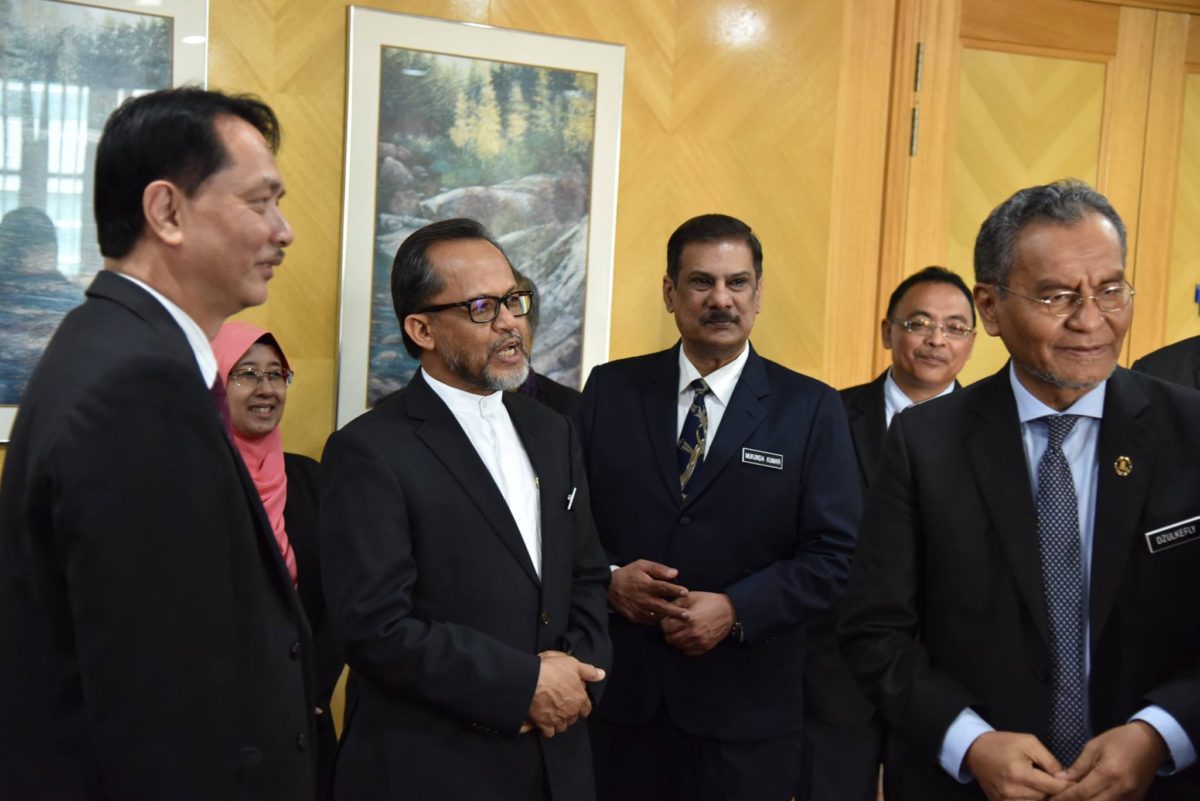KUALA LUMPUR, June 12 – The Health Ministry said it will only regulate the prices of originator medicines in the first phase of its drug price controls.
Dr Ramli Zainal, senior director of the Health Ministry’s pharmaceutical services programme, said the ministry was proposing a ceiling price for medicines at the wholesale level, which will be determined by comparing drug prices in selected countries through an external reference price (ERP) mechanism.
Then the government will determine a certain percentage of markups that can be imposed by dispensing outlets – private hospitals, general practitioner (GP) clinics, and community pharmacies – in the sale of medicines.
“I want to be clear that at this point of time, we are just looking at single-source products, meaning, this is the only item in the country, they have this monopoly and this is what we’re regulating.
“We’re not looking at generics as yet. That will be a second phase,” Dr Ramli said at a town hall meeting between Health Minister Dzulkefly Ahmad and private GPs in Putrajaya yesterday.
He said the Health Ministry believed that GPs did not use patented drugs as much as private or public hospitals.
Dr Ramli said the ministry has yet to finalise details on what figure should be the mandated price markups for drugs.
“This is a work in progress, we’ll continue to update members of associations.”
Doctors, pharmacists, hospitals, and local drug manufacturers have all criticised the impending regulation of medicine prices that they say could significantly affect the entire health care sector.
Malaysia mostly uses generics, rather than originator medicines. Local pharmaceutical manufacturers produce generic medicines, while patented drugs are imported by multinational corporations from their parent companies. Some generics are also imported by locally owned importers.
Dr Ramli also explained yesterday several government initiatives to reduce drug prices, such as pooled procurement between the Health Ministry, Education Ministry (which runs university hospitals), and Defence Ministry (which runs army hospitals), so that the three ministries will collectively get bigger negotiation powers when buying drugs from pharmaceutical companies.
Asean also, said Dr Ramli, is looking at pooled procurement to purchase vaccines and anti-venom.
“For pooled procurement for government agencies, we’re looking at close to 80 products which we felt that through negotiation, we can bring the price lower.”
He added that the Pakatan Harapan (PH) government will not yet separate the prescribing and dispensing of medicine to doctors and pharmacists respectively, pending the formation of a national health financing scheme that is not predominantly tax based.
“One compromise agreed upon is mandatory upon request, which means if the patient requires a prescription from the GP, it is mandatory for the doctor to issue a prescription to the patient. So we don’t talk about dispensing separation.”








